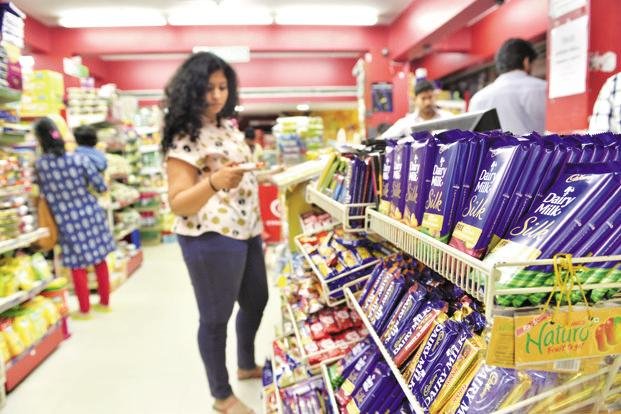Inside BENEO’s new pulse plant: pioneering sustainable protein from faba beans
The food regulator, FSSAI has now proposed a set of measures, including tax, strict labelling norms and ban on their advertisements on children’s shows, to check the consumption of food products high on fat, sugar and salt content.
FSSAI’s report on ’Consumption of Fat, Sugar and Salt (FSS) and its health effects on India’s population’ stated, “The country’s existing nutrition and public health policies fails to provide vision and urgent steps that are needed to tackle the rising problem of overweight and obesity due to increasing urbanization, sedentary lifestyles and unhealthy diets. Thus we need to recognize and formulate strategies to reduce the burden of risk factors that fuel the chronic disease epidemic. One such established risk factor is unhealthy diet, especially those high in trans and saturated fats, refined sugars and salt.”
The Maharashtra State Government has recently announced banning junk food in school canteens to fight against childhood obesity and promote healthy eating. The FSSAI had constituted the panel consisting of experts drawn from different fields like medicine, nutrition and dietetics from well-known medical research and academic institutions.
“The report recommended having balanced diet which should provide around 60-70% of total calories from carbohydrate, 10-12% from protein and 20-30% from fat,” the FSSAI said.
This report will serve as a guideline document for all the stakeholders, including the industry, the FSSAI and consumers, in reducing consumption of fat, sugar and salt through processed food products.
The panel recommended “additional tax on highly processed commodities and sugar-sweetened beverages”.
“Imposing additional tax on the purchase of commodities such as pre-packaged foods with high salt and fat content, sugar-sweetened beverages, etc can be a pragmatic approach to reduce their intake,” the report said.
According to the panel, imposition of excise tax on unhealthy eating products would lead to positive health effects among population.
The nutrition-related programmes of the government can be supported through profit from taxing unhealthy food products.
As for the advertisements, the committee said, “Advertisement ban for foods high on FSS during children TV shows or kids TV channels is urged. In fact, we should progress towards a total ban law as being done in a few other countries like Chile.”
It further said celebrity endorsements of such foods need to be discouraged, adding that online social media websites should also comply with the advertising ban.
The panel also pitched for reliable monitoring systems to examine FSS intake periodically at the national level.
It felt that the industry should be encouraged for “voluntary reformulation” of food products to cut down FSS intake in packaged food items.
The panel is of the view that information like total calories, amount of carbohydrates, sugar, fat, protein, sodium, dietary fibre, amount of trans-fat added in food, should be mandatory for labelling in food products.
“In India, the rising burden of mortality and morbidity due to chronic diseases such as cardiovascular, respiratory diseases, diabetes and cancers is alarming. In the next 25 years, the burden of chronic diseases will tend to increase continuously as a ramification of the rapidly transitioning food intakes, changing dietary patterns and other lifestyle factors,” the report noted.
The Food Safety and Standards Act, 2006, does not define the term “junk food”, the panel observed.
On nutrient-specific recommendations, the panel said fats should be largely consumed in the unsaturated form.
That the consumption of unsaturated fatty acids, especially the long chain mono- and poly unsaturated-fatty acids, should be encouraged in everyday diets featured among the recommendations.
“A total of 10 per cent of total energy is allowed as added sugars in our daily diet. Simple sugars and refined carbohydrates should be reduced. These come largely from sugar-sweetened beverages and processed snacks with high added sugar content,” the report said.

